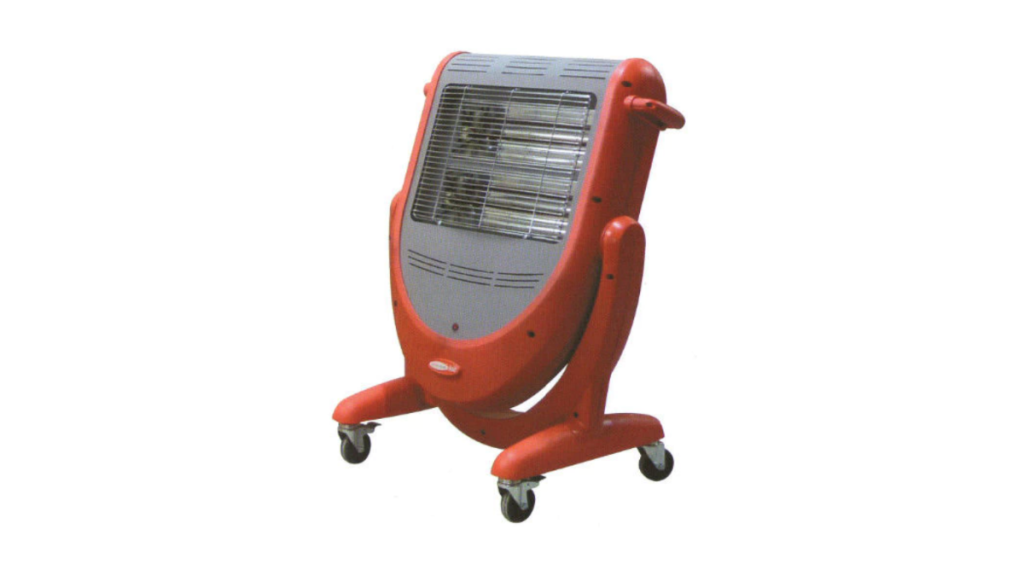Electric heaters are the easiest ways by which you can make your house warm. However, it is just like any other home appliance that is bound to give you some faults sometimes. In this article, we will be looking at some common electric heater faults and simple fixes that will aid you in trying to solve these faults and thus keep your heater running smoothly.
1. Will not turn on
This may be one of the most common issues; your electric heater just won’t turn on. Here are some common causes for that:
Power Supply Issues: Check first if your heater is properly plugged in and the power outlet works. Try connecting another device into the same outlet to see if it works.
Tripped Circuit Breaker or Fuse: If there is no heating indication and the outlet has been turned on, then it may be due to the fact that your circuit breaker has tripped or your fuse has blown. The circuit breaker should be reset if it has tripped while the blown fuse should be replaced.
Faulty Thermostat: If the thermostat is faulty, it may not send the signal to the heater when it needs to turn on. Test the thermostat using a multimeter or get a professional to replace it.
2. Heater blows cold air
You will get really frustrated with an electric heater when it is blowing cold air, especially in very cold weather.
Clogged Filter: A blocked filter can prevent enough airflow to the heater also making it a little weaker heater which is bad when warming. Observe your filters periodically, clean or replace as required.
Thermostat Issues: Malfunctions of thermostat may fail to get the heaters start heating properly, Check and preset your thermostat in your choice temperatures and retry the same thing again.
Faulty Heating Element: If the heating element is faulty, then warm air will not be produced. It usually calls for professional repair or replacement.
3. Weird Noises in the Heater
You are probably worried by the unusual noises your electric heater makes, but it is very common.
Loose Parts: The vibration from the loose parts or screws might generate noise. Clean up all the loose parts and tighten them to the best extent possible so that noise generation would be minimized.
Dirt and Debris: Dust and debris in the heater creates noisy conditions. Cleaning of the heater at frequent intervals minimizes noise.
Motor Problems: When the condition persists with excessive noise then this may also be because of malfunction or wear in motor. That needs to get repair from an authorized service personnel
4. Overheating in Electric Heater
Overheating is such an important situation because it has implications for security measures; therefore a solution in timely manner will avoid these troubles.
Blocked Vents or Airflow Obstruction: Verify that vents and airways are free and clear of obstructions. A blocked heater will not have proper airflow and thereby cause a heater to overheat.
Faulty Thermostat: If the thermostat is faulty, it may not regulate the temperature correctly and lead to overheating. A professional can replace a faulty thermostat.
Too many things around the heater: do not keep too many things around the heater as this can reduce air flow and will make the hot intensity increase, and there may be a dangerous distance between the heater and its surrounding objects.
5. Burnt Smells or Odour from Electric Heater
Burn smell from an electric heater is somewhat disturbing and raises safety concerns.
Dusters and debris on burning: Maybe the heater had not been used for a long time, and dusts and debris’s piled up inside it, causing this burning smell immediately when it is turned on. Let it run for some minutes to burn off the dusters.
Wiring Problems: If the smell persists, then the issue could be in the internal wiring. A technician should inspect and have the heater serviced to avoid further damage or even a hazardous condition.
Parts Malfunction: Sometimes, malfunctioning heating parts or wiring components had to be replaced for safe operation.
6. Unreliable Electric Heater
Your heater is producing unreliable heat. Sometimes, it just will not heat up properly, which is frustrating and ineffective.
Dirty Thermostat: It may be not working if the thermostat is dirty or dusty and the heater will only be in on and off cycles. Clean it so that it works properly.
Faulty Heating Element: The heating element may not give consistent heat if faulty. Keep on changing it if needed.
Air Flow Obstruction: Clean the vents and ensure there is no obstruction to the airflow. Good airflow means constant heat generation.
7. The Electric Heater Blows Fuses Often
Sometimes, frequently blown fuses mean that something is wrong with the appliance. At times, appliances overload circuits to an extent that the electric heaters begin blowing up the fuses. Ensure your heater has its dedicated circuit for usage.
Faulty Wiring: Faulty or old wiring could cause overloading and thus blew fuses. Get a professional to inspect the wiring and change any faulty ones.
Faulty Heating Element: A faulty heating element may have drawn too much power, resulting in blown fuses. Consider replacing the heating element to solve the problem entirely.
Electric heaters are excellent heating appliances, but they sometimes run into problems. The most common problems that occur are failure to turn on, overheating, weird noises, and inconsistency in the heating effect. These ones can be handled for rectification purposes. Regular maintenance like cleaning up filters, checking for proper airflow, and then checking for faulty components will work towards ensuring your electric heater has a prolonged lifespan while keeping your home warm and safe. If the problem persists, it is advisable to seek professional assistance to avoid further complications.
